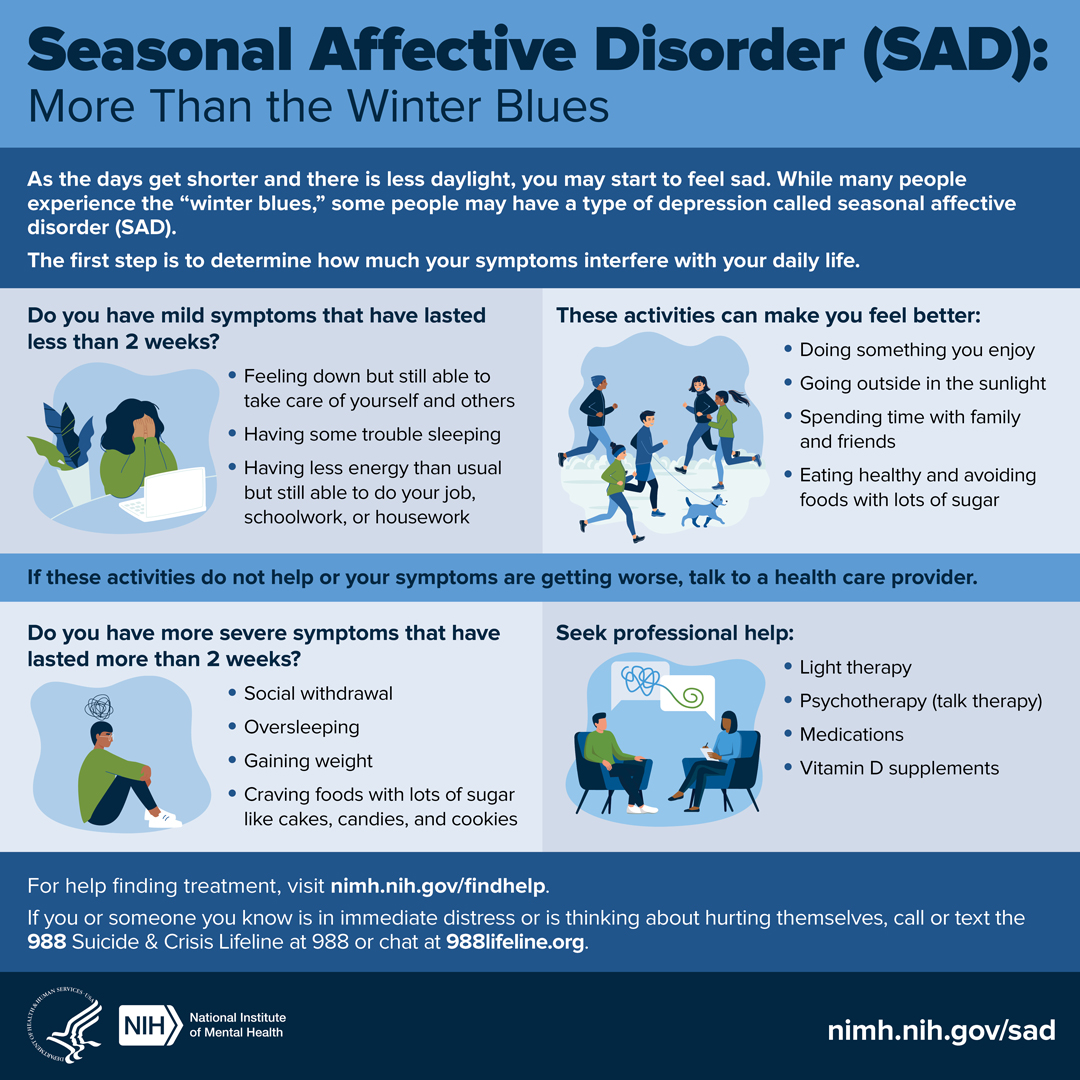College can contribute to depression due to academic pressure and social challenges. Financial stresses and future uncertainties may also play a role.
The pursuit of higher education is often seen as a gateway to success, yet it can also be a significant source of mental and emotional strain. For many students, transitioning to college involves coping with a high degree of academic rigor, which can induce intense stress and feelings of inadequacy.
Coupled with the pressure to maintain social relationships and possibly confronting financial difficulties, college life can sometimes lead to an overwhelming experience. Depression within the college setting is a complex issue that demands attention, with the environment posing various triggers that can affect a student’s well-being. Ensuring student support systems are in place is vital for promoting mental health on campus, as young adults navigate this critical life stage.
:max_bytes(150000):strip_icc()/adhd-and-depression-4773762_final1-bb6526a86aa647ca9dd475d360deaa6f.png)
Credit: www.verywellmind.com
The Link Between College Stressors And Mental Health
The college environment often places high demand on performance. Students feel intense pressure to score well and succeed. This can lead to overwhelming stress and anxiety. It may cause some students to experience depression.
Social challenges like making new friends or fitting in add to the struggle. Feeling alone or isolated in such a busy world can worsen one’s mental health.
- Aiming for top grades creates a constant cycle of stress.
- Fear of failing fuels anxiety and dread.
- Difficulty socializing may lead to feelings of loneliness.
- Isolation can quickly turn to mental health issues like depression.
Physical And Emotional Changes In College Students
College presents a major shift in a student’s life, often marked by a need to balance academics, social activities, and personal responsibilities. This balancing act can lead to significant physical and emotional strain. Students face the challenge of adjusting to a new environment, managing their own time, and potentially dealing with homesickness or a sense of isolation.
Sleep deprivation is common among college students, who may sacrifice rest to meet deadlines or socialize. This lack of sleep can contribute to mood swings and cognitive difficulties, increasing stress levels. Additionally, many students develop poor eating habits due to limited budgets, accessibility to healthy foods, or simply not having the time to eat well. These lifestyle changes can act as catalysts for depression and anxiety, particularly in those predisposed to mental health challenges.
Financial Strain And Its Psychological Impact
Many students face enormous financial pressure due to student loans. The cost of education keeps rising, making loans a heavy weight. This debt can lead to chronic stress and anxiety, which are common signs of depression.
Trying to balance work and study adds more pressure. Students often work part-time or even full-time jobs. This is to manage their cost of living and education expenses. Such a tight schedule leaves little time for rest. It can make keeping up with schoolwork hard.

Credit: medicat.com
College Culture And The Expectation To Thrive
The idea that college is the ‘Best Years of Your Life’ adds huge pressure. This myth can overwhelm students. They feel they must grab every chance. Fun, friends, and success seem a must. This isn’t always real life.
Young adults face the need to participate and excel. This is in everything: sports, classes, and social circles. The campus buzz suggests non-stop action. Peers seem to thrive, adding to the stress. Not all flourish under these demands. Many students feel inadequate when they compare themselves. This comparison can lead to depression.
Warning Signs And Prevention Of Depression
College students often face a high level of stress that can lead to depression. Changes in sleep patterns, appetite, and a drop in academic performance are key indicators. Students may feel constant tiredness or show a lack of interest in activities they once enjoyed. Isolation from friends and bursts of unexplained emotions also signal a problem.
Many campuses offer support systems to tackle these challenges. Counseling services, peer support groups, and wellness programs can provide crucial help. Free mental health screenings are sometimes available, along with workshops on stress management techniques. Students are encouraged to utilize these resources to maintain mental well-being.

Credit: www.innovativeeducators.org
Moving Forward: Coping Strategies For Students
Building a supportive network can be a lifeline for college students. Talking to friends, joining clubs, and seeking professional help when needed creates a safety net. Embracing peer support and maintaining regular contact with family are key. Additionally, connecting with mentors and advisors offers guidance through tough times.
Effective time management leads to reduced stress levels. By setting priorities and breaking down tasks, students can avoid feeling overwhelmed. Mindfulness practices, like meditation or yoga, offer tranquility. Short daily sessions of mindfulness improve focus and foster a sense of well-being. Scheduling leisure activities also balances academic demands with relaxation.
Frequently Asked Questions Of Can College Cause Depression
Is It Normal For College To Make You Depressed?
Experiencing depression in college is common due to stress, academic pressure, and life transitions. It is important to seek support if you’re feeling overwhelmed.
Can College Affect Your Mental Health?
Yes, college can impact mental health due to stress from academic pressures, social challenges, and financial concerns. Support and coping strategies are crucial for managing this.
Why Am I Suddenly Struggling In College?
You may be struggling in college due to increased academic demands, time management challenges, personal stress, or a lack of study skills. Seek support from academic advisors and peers to overcome these hurdles.
What Percent Of College Students Drop Out Due To Mental Illness?
Approximately 30% of college students report dropping out due to mental health issues, according to a study by the National Alliance on Mental Illness.
Conclusion
Navigating college life can be challenging, and it’s clear that the pressures may contribute to depression in some students. It’s essential to seek support and utilize campus resources when feeling overwhelmed. Remember, addressing mental health is crucial for academic success and overall well-being.
Prioritizing self-care is key to a balanced college experience.

